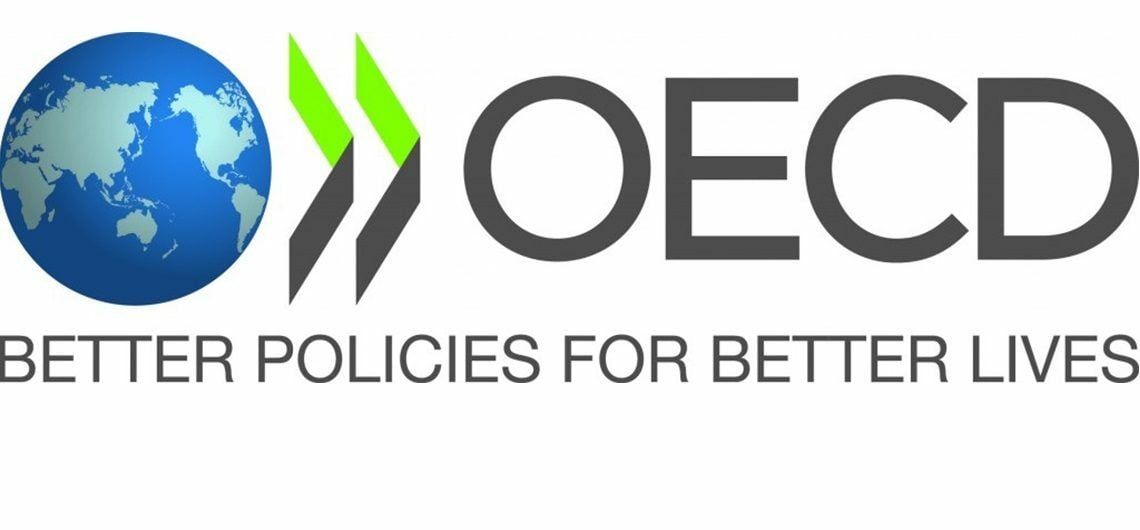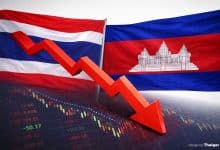Thailand’s bid to join OECD gains momentum

Thailand’s quest for the Organisation for Economic Co-operation and Development (OECD) membership gains momentum as insiders reveal surprising support from top diplomats.
Thailand’s aspiration to kick-start the accession process for OECD membership has garnered significant backing from the organisation’s members, reports a diplomatic insider.
The revelation came to light during the inaugural OECD Council meeting held in Paris on Tuesday, March 19, where members expressed resounding support for Thailand’s bid to join the prestigious economic cooperation body, currently comprising 38 nations. Thailand officially submitted its membership application on February 8 last year.
The council’s deliberations centred on the evidence-based Framework for Consideration of Prospective Members, underscoring Thailand’s extensive collaboration with the OECD spanning over two decades. This collaboration includes active participation in the Country Programme since 2018 and the Southeast Asia Regional Programme since 2014. However, the accession process is anticipated to span approximately five years.
In addition to endorsing Thailand’s bid, OECD members reiterated their eagerness to bolster engagement and membership within Indo-Pacific nations, aligning with the organisation’s Strategic Framework for the Indo-Pacific. Established in 1961 with the mantra “better policies for better lives,” the OECD aims to shape policies fostering prosperity, equality, opportunity, and well-being worldwide.
Originally conceived in the aftermath of World War II’s economic turmoil, the OECD has since expanded its programmes and cooperation globally.
Thailand’s commitment to competitiveness is underscored by its ranking of 30th out of 64 economies for competitiveness in the International Institute for Management Development’s latest annual rankings, reported Thai PBS World.
Beyond its OECD ambitions, Thailand is also actively pursuing economic liberalisation through the negotiation of additional free trade agreements with foreign nations.
ORIGINAL STORY: Thailand seeks OECD membership with Germany’s support
Thailand Prime Minister Srettha Thavisin announced the country’s ambition to gain membership in the Organisation for Economic Cooperation and Development (OECD). He sought Germany’s support for this endeavour during a joint press conference with the German Chancellor, Olaf Scholz, in Berlin.
Government spokesperson Chai Wacharonke outlined the meeting’s details, indicating that Chancellor Scholz expressed Germany’s interest in bolstering relations, especially in the economic arena, with Southeast Asian nations.
He highlighted the over 20% growth in bilateral commerce between Thailand and Germany. Furthermore, Scholz showed a willingness to contemplate backing Thailand’s OECD membership aspirations, which could simplify the path towards a Free Trade Agreement (FTA) between Thailand and the European Union.
Prime Minister Srettha voiced optimism about mutual trade and investment promotion between the two countries through a Thai-EU FTA. The 62 year old Thai PM expressed hope that Germany would endorse Thailand’s OECD membership bid and support its efforts to secure visa-free travel arrangements with European Schengen area states.
The prime minister also reiterated Thailand’s commitment to fostering political, economic, and social stability in line with predictable, rules-based democratic processes to enhance global confidence.
The leaders agreed to upgrade Thailand-Germany relations to a strategic partnership level, with more information to be discussed under an established bilateral dialogue mechanism.
Under this strategic alliance, Thailand anticipates augmented cooperation across a broader spectrum, including regional collaboration with ASEAN and in the Indo-Pacific. It is also expected to foster partnerships for sustainable development to tackle prevalent challenges, reported Bangkok Post.
The leaders concurred on bolstering cooperation in clean energy sectors such as solar, wind, and water power generation, and green hydrogen. Collaboration in electric vehicles (EV) was also discussed, particularly EV manufacturing, technology transfer, and the promotion of related industries.
Prime Minister Srettha further confirmed the government’s dedication to sustaining Germany’s investment in conventional internal combustion engines and hybrid vehicle production.
Latest Thailand News
Follow The Thaiger on Google News:


























